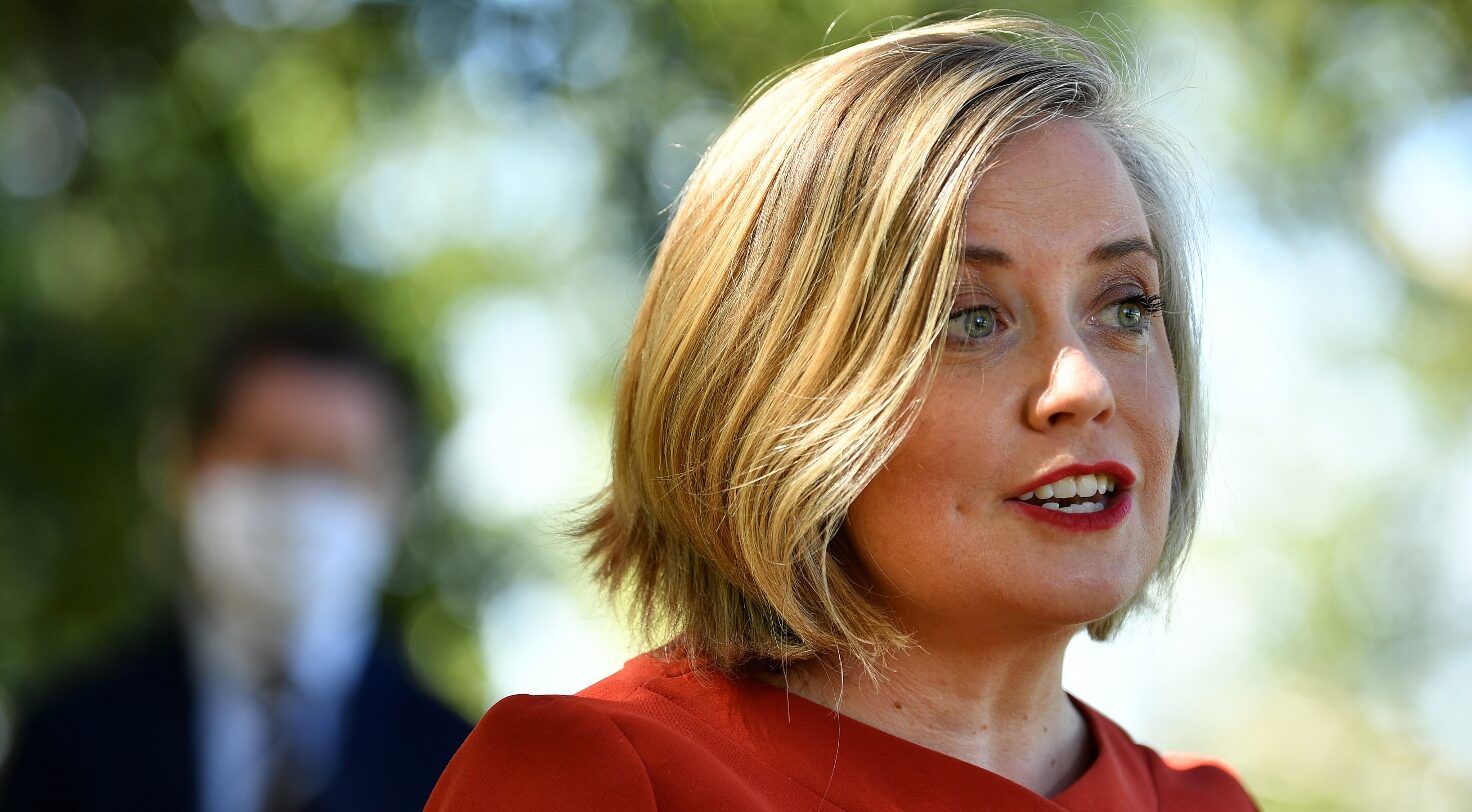
Mounting back-to-school costs
It’s that time of the year when families fork out hundreds of dollars to ensure their child is ready for their first day of school.
But parents are being warned the cost of education will only rise.
A nationwide survey conducted by the Australian Scholarships Group (ASG) revealed parents can expect to pay up to 25 per cent more for the education of a child born in 2012 compared to students starting school this year.
The survey also showed a significant increase will take place in the next five years, with the cost of private education estimated to grow at twice the rate of its government counterpart.
The ASG General Manager, Frida Kordovoulos said the rising costs mean families will have to reconsider their budgets no matter which schooling system they choose.
“Whether parents are planning to send their child to a government or private school, the increasing costs of education over the next five years are expected to have a significant impact on household finances, particularly those not prepared for the hidden education-related expenses associated with educating a child,” Ms Kordovoulos said.
ASG surveyed over 12 000 of its members on the total cost of education for children in metropolitan centres and regional areas.
The study also included education-related costs such as school fees, extra-curricular activities, travel, clothing, and other necessities.
The survey revealed that parents with a child attending a metropolitan public primary school will pay on average $2199 this year, compared to those attending a metropolitan private primary school which is estimated to cost parents $7086.
Parents of children that are born in 2012 can expect to pay $65 829 over 14 years in a metropolitan public education system compared to private school costs of $428 723.
Principal financial advisor at Allied Wealth, Robert Stevens, said planning is the key for families wishing to provide the best education for their children.
“Given the increases in the cost of living, we are finding that an increasing number of people are asking us to accommodate school expenses in their planning and budgeting,” said Mr Stevens.
“Education costs tend to be large, and if people have not made arrangements ahead of time, it can end up being funded via credit card rather than having been planned for in-advance. This can put unnecessary pressure on family finances.”
A spokesman for the Department of Education said parents are able to approach their public school principal for financial assistance when it comes to extra-curricular activities.
“Public schools have a student assistance scheme where parents can have a confidential talk with their principals if they are unable to pay for activities such as camping or excursions,” the spokesperson said.
However, Ms Kordovoulos said it is the costs parents are overlooking that are making it difficult for them to cope financially.
“It’s the many hidden costs such as clothing, travel, books, sporting and musical equipment, computer and internet access, and the various extracurricular costs related to camps, outings, private tuition and classes that are often not accounted for,” she said.









